Don’t Miss Live Online Workshop on Mastering Hybrid Grape Winemaking February 20. Three hours of tips and techniques. Also available later as video replay. Click here for event and registration details.
technique
Posts
-
 Technique
Technique
White Wine Case Study
Take a closer look at the impact ripeness, yeast selection, oaking, enzymes, and other winemaking decisions has on the final wine.
-
 Technique
Technique
Using Yeast Nutrients
One of the most important conditions for your yeast to thrive is an abundance of nutrients. If the must doesn’t provide enough naturally,
-
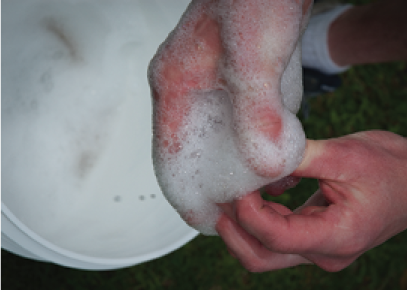 Technique
Technique
Cleaning & Sanitizing Techniques
-
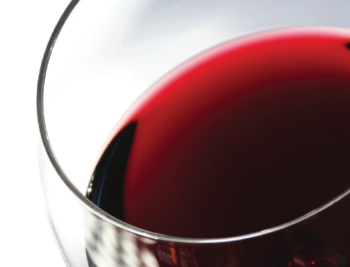 Technique
Technique
Red Hybrid Color Stabilization: Tips from the Pros
-
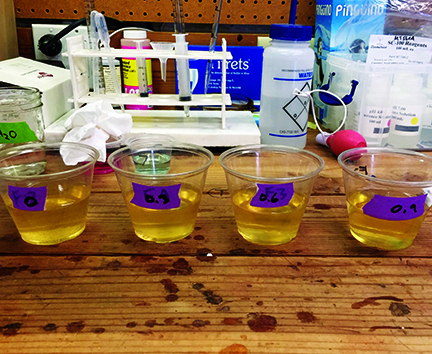 Technique
Technique
Mastering Wine Acid Balance
Sometimes the acidity of your grapes, juice, or wine will need to be adjusted. Learn some of the finer details surrounding how, and when, to
-
 Technique
Technique
Award-Winning Kit Winemakers Roundtable
-
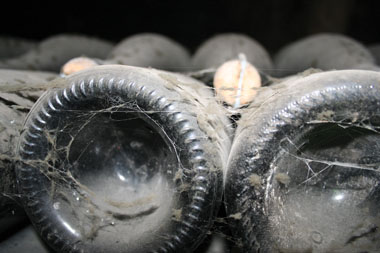 Technique
Technique
Make Wines to Age
It starts with great fruit, but to make age-worthy red wine the winemaker must also consider acidity, tannins, sulfur dioxide, oxygen, cella
-
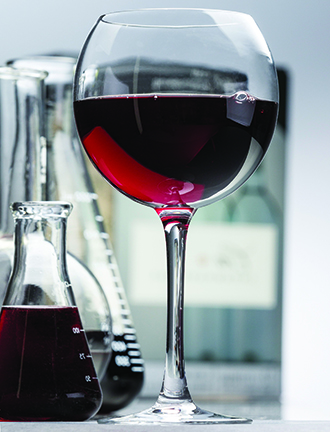 Technique
Technique
Troubleshooting Wine Kit Aroma
-
 Technique
Technique
New World Winemaking Decisions
Some of these tools and techniques have been around for a number of years but may not have been available in every region.
-
 Technique
Technique
Troubleshooting Visual Defects in Wine Kits
No matter how a wine tastes, if it’s hazy, cloudy or (even worse!) lumpy, it’s not going to please the drinker.
-
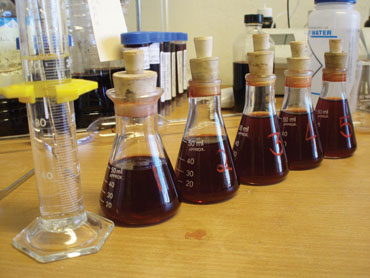 Technique
Technique
Yeast Trials With Wine Kits
Just because your wine kit comes with a certain yeast, that doesn’t mean you can’t experiment with other options.
-
 Technique
Technique
In the Wine Lab
As a home winemaker, testing your wine for certain things like Brix and pH are critical, while other tests are optional. Get to know the equ
-
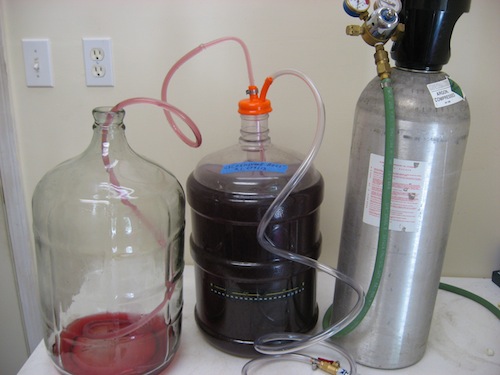 Technique
Technique
Using Inert Gases in Winemaking
Blanket, flush, sparge, transfer, dispense. To exclude air while doing any of these things to your wine, your best bet is the use of an iner
-
Technique
Unoaked Wine Kits
-
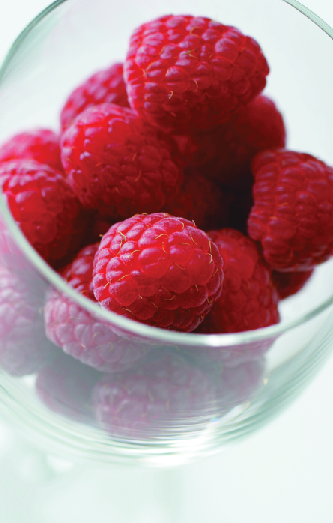 Technique
Technique
Managing Acid in Fruit Wines
Take a look at the sources of acid in fruit wines and steps that can be taken to bring levels into a desirable range for wine.
-
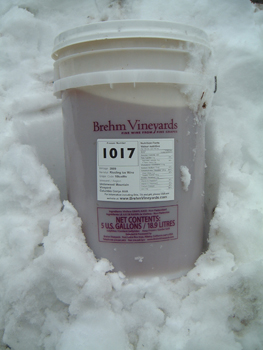 Technique
Technique
Winemaking From Frozen Must
Frozen musts provide the ability to make wine anytime regardless of harvest timing.
-
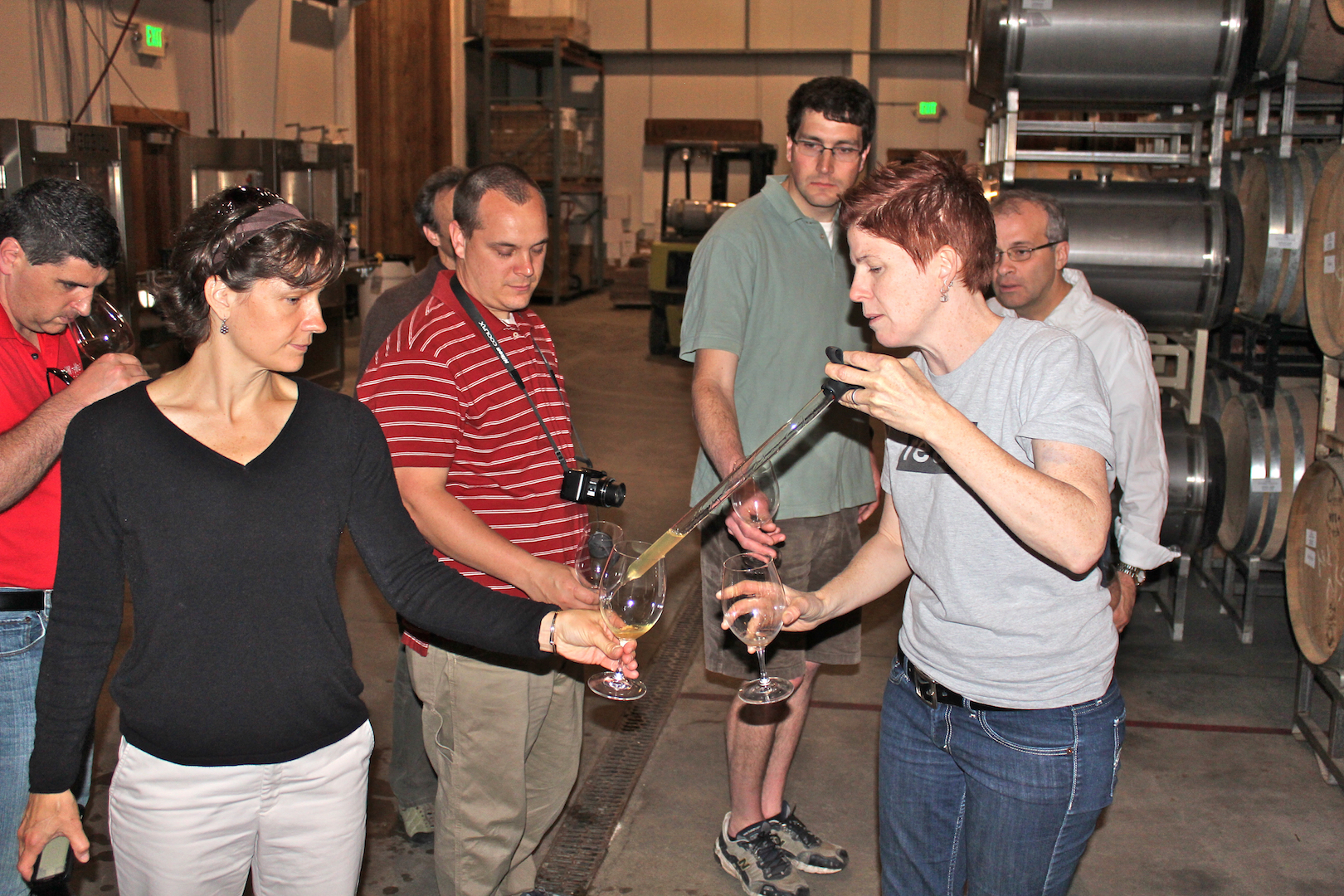 Technique
Technique
Making the Most of Your Winery Visit
Heading to wine country is a field trip for adults. As a home winemaker, here is how to get the most out of your visit.
-
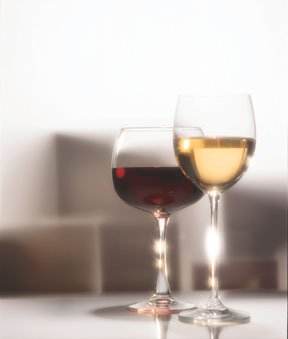 Technique
Technique
Quick Drinking Wine Kits
Strategies for getting the most out of wine you’re going to drink insanely young — like on bottling day, or even earlier.
-
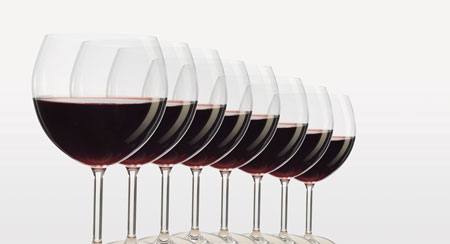 Technique
Technique
To Malo Or Not To Malo?
Many home winemakers are uncertain on whether or not to have their wines go through malolactic fermentation. This is not surprising since th
-
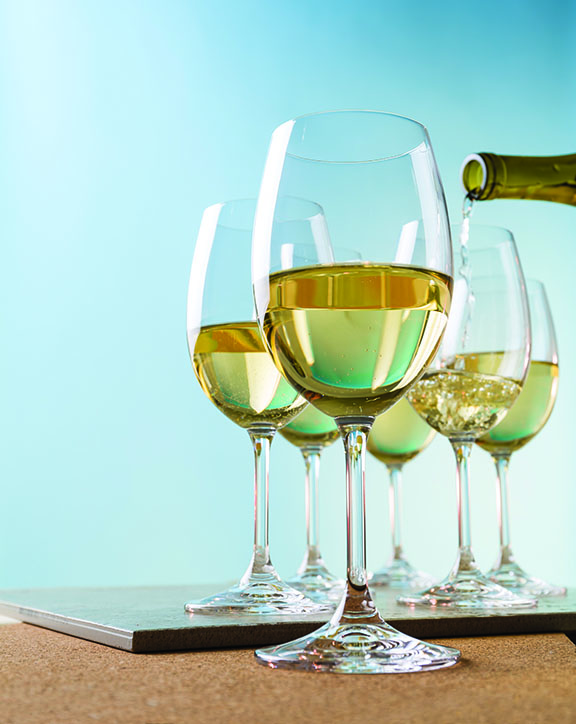 Technique
Technique
Cool Fermentations
Want to preserve the delicate aromas in your white wines? Learn these hot tips for running a cool fermentation.
-
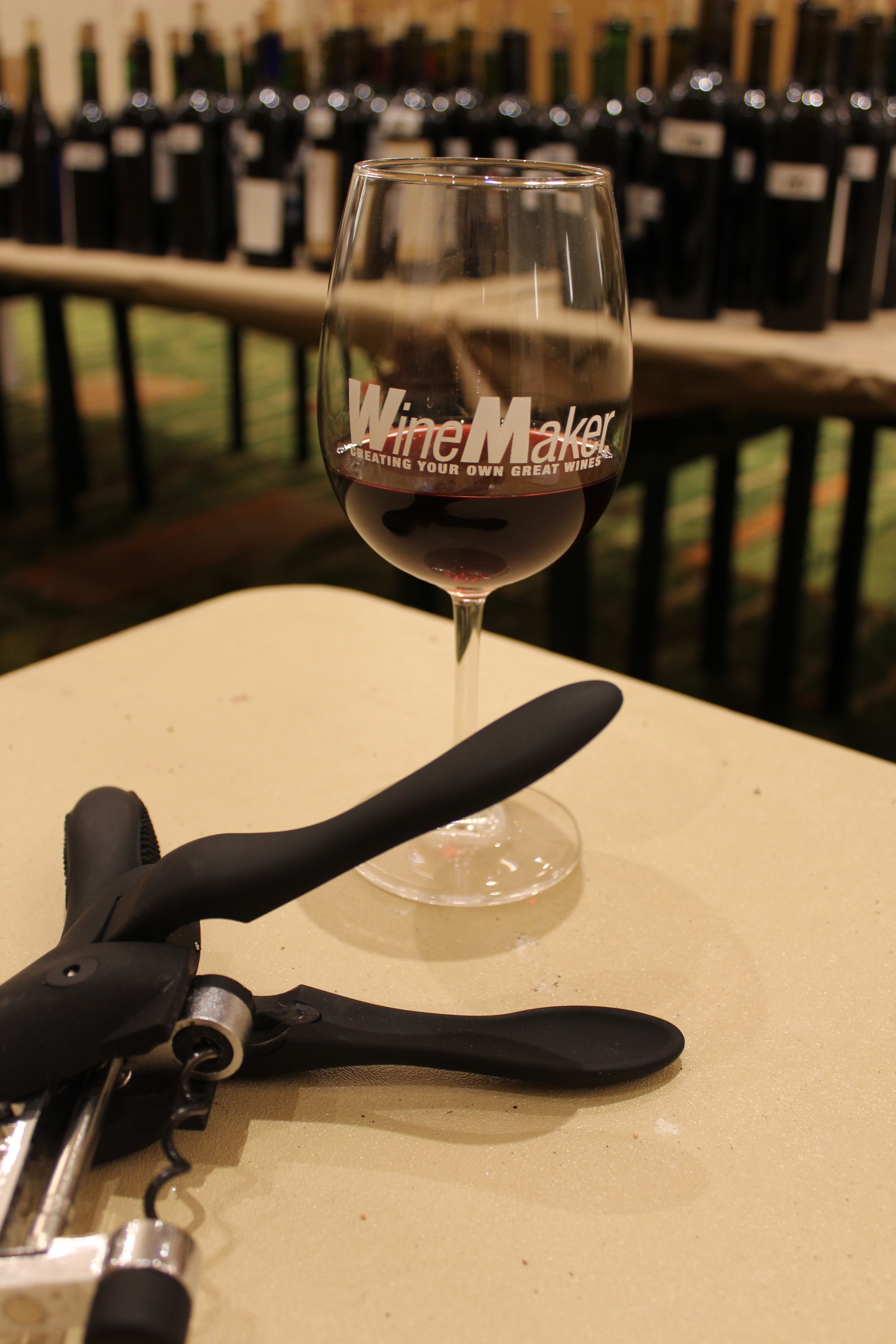 Technique
Technique
Award-Winning Red Winemakers Roundtable
Three amateur winemakers with shelves full of medals to their names for their homemade wines share advice for making great reds.
-
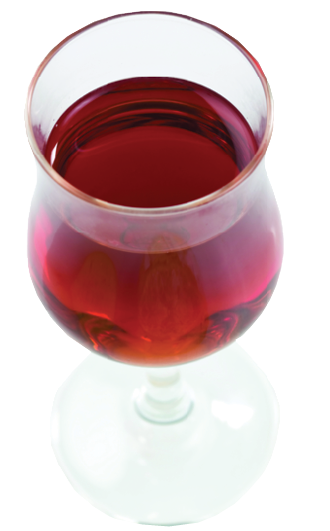 Technique
Technique
Enjoying Dessert Wine Kits
-
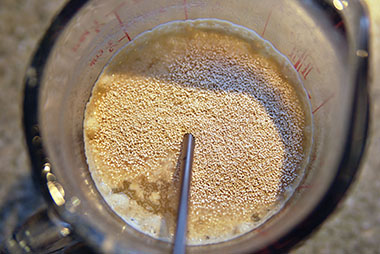 Technique
Technique
Choosing A Wine Yeast Strain
-
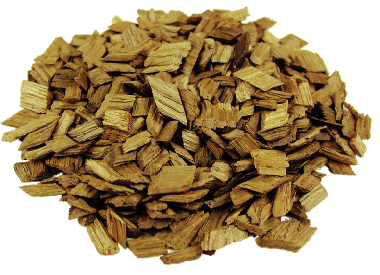 Technique
Technique
Tannin Chemistry
Soft, silky, velvety, youthful, puckery, aggressive, harsh, bitter, astringent: These are all adjectives used in winespeak to describe the m
-
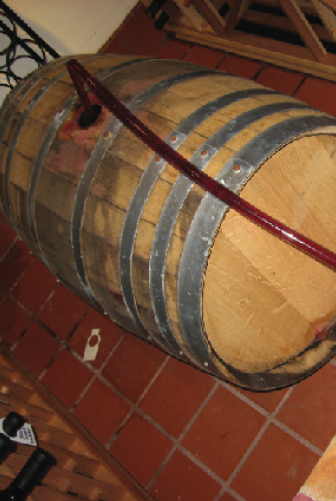 Technique
Technique
Oak Barrel Chemistry